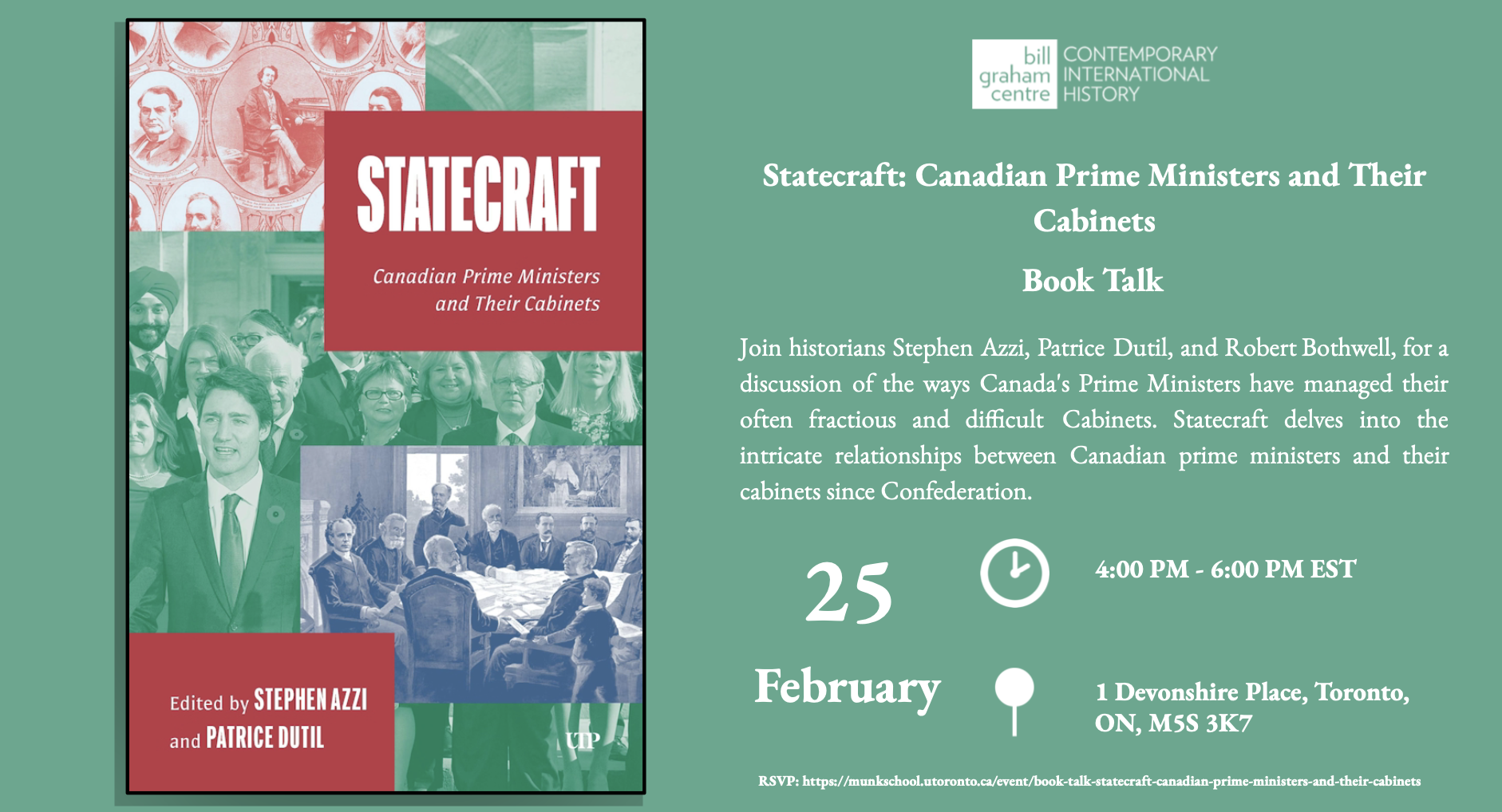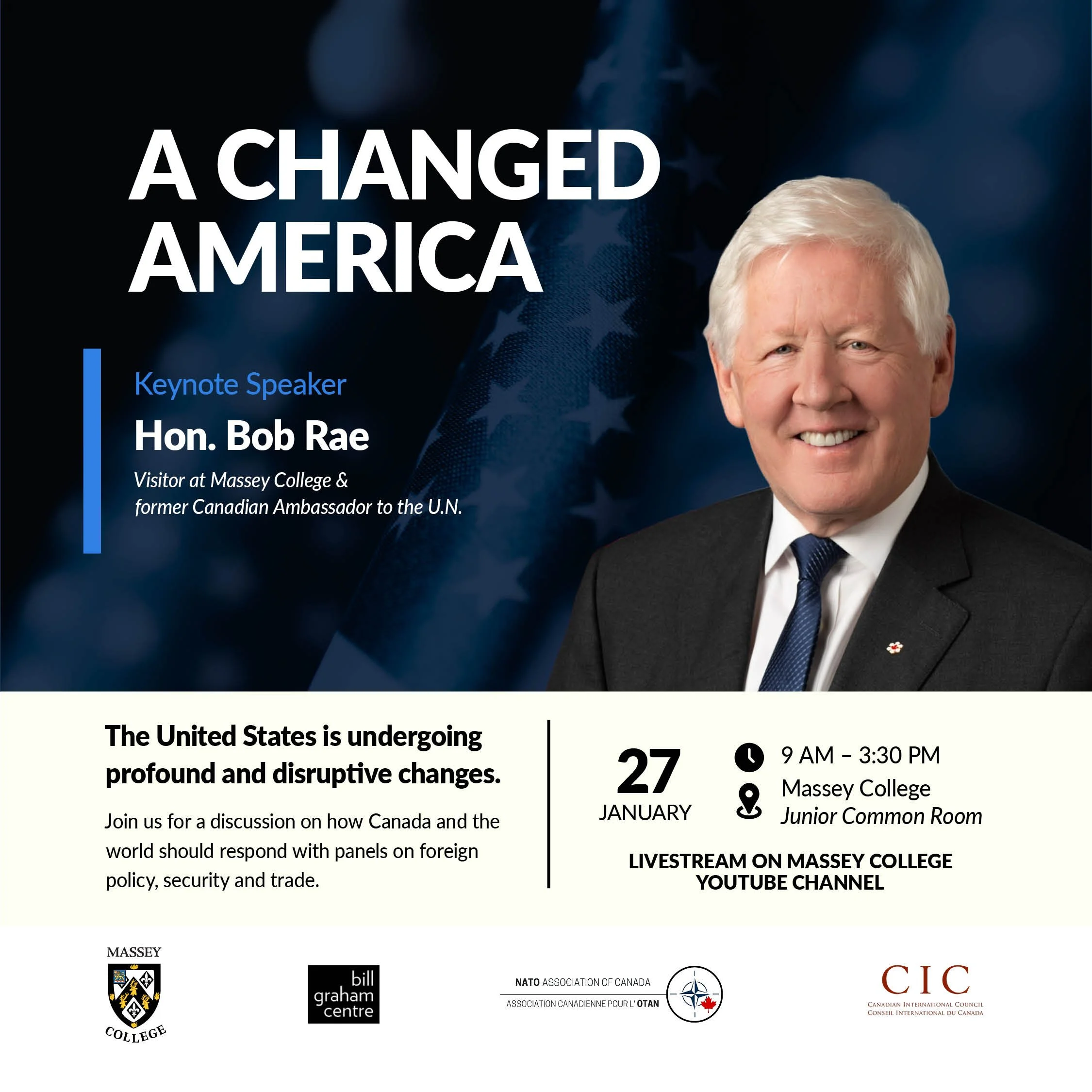
Does International Law Still Matter?
Join Trinity alumni, faculty, and experts to explore the strengths, limitations and impact of international law in an increasingly complex global landscape. The evening will begin with a moderated panel discussion, followed by an audience Q&A and a reception to connect and continue the conversation.



















